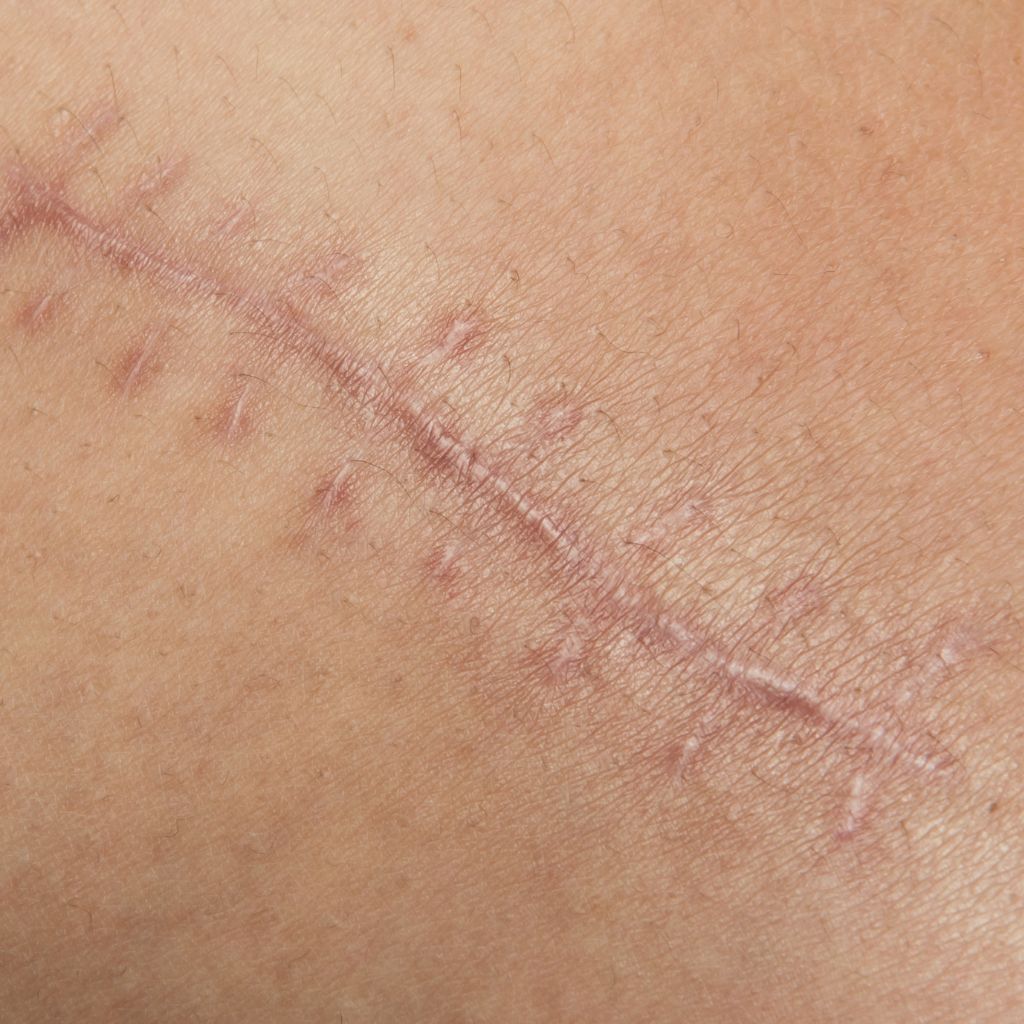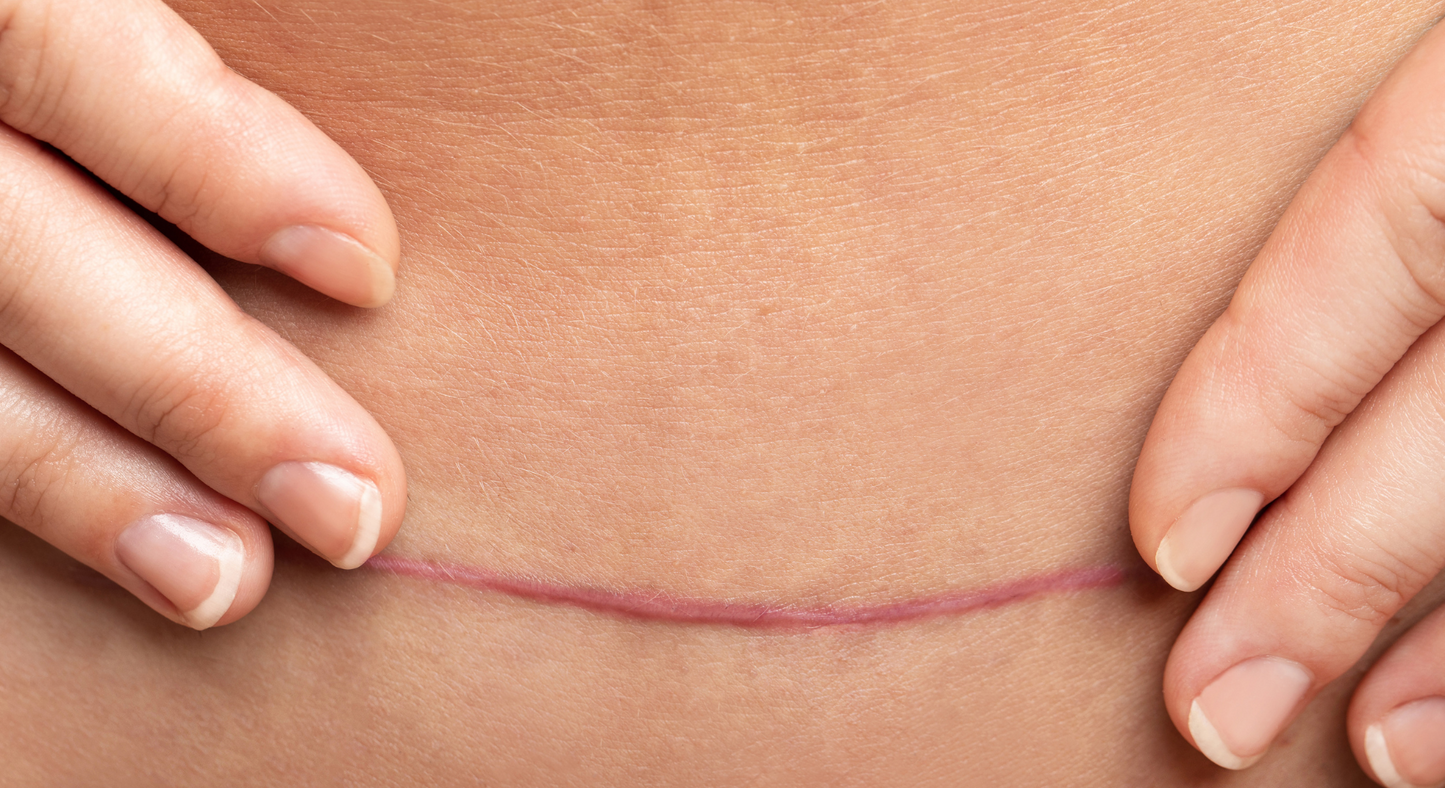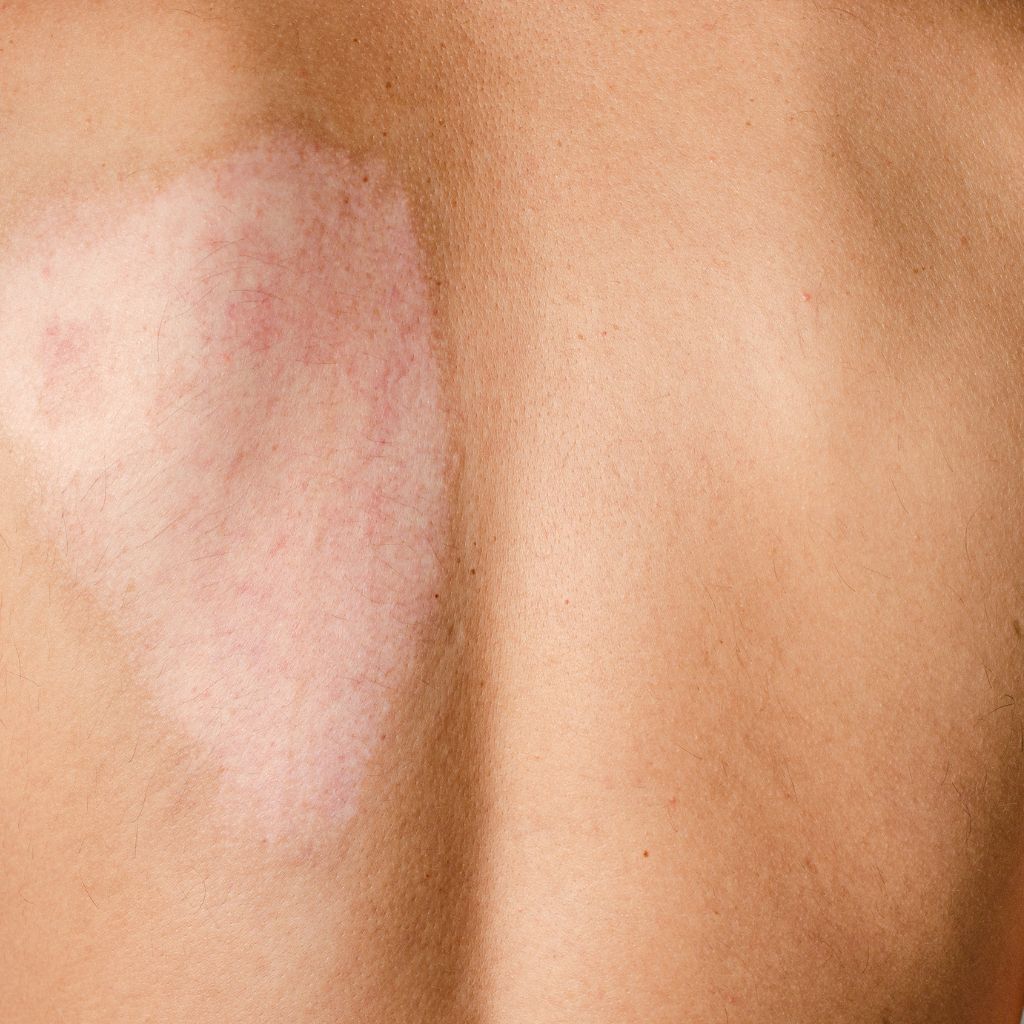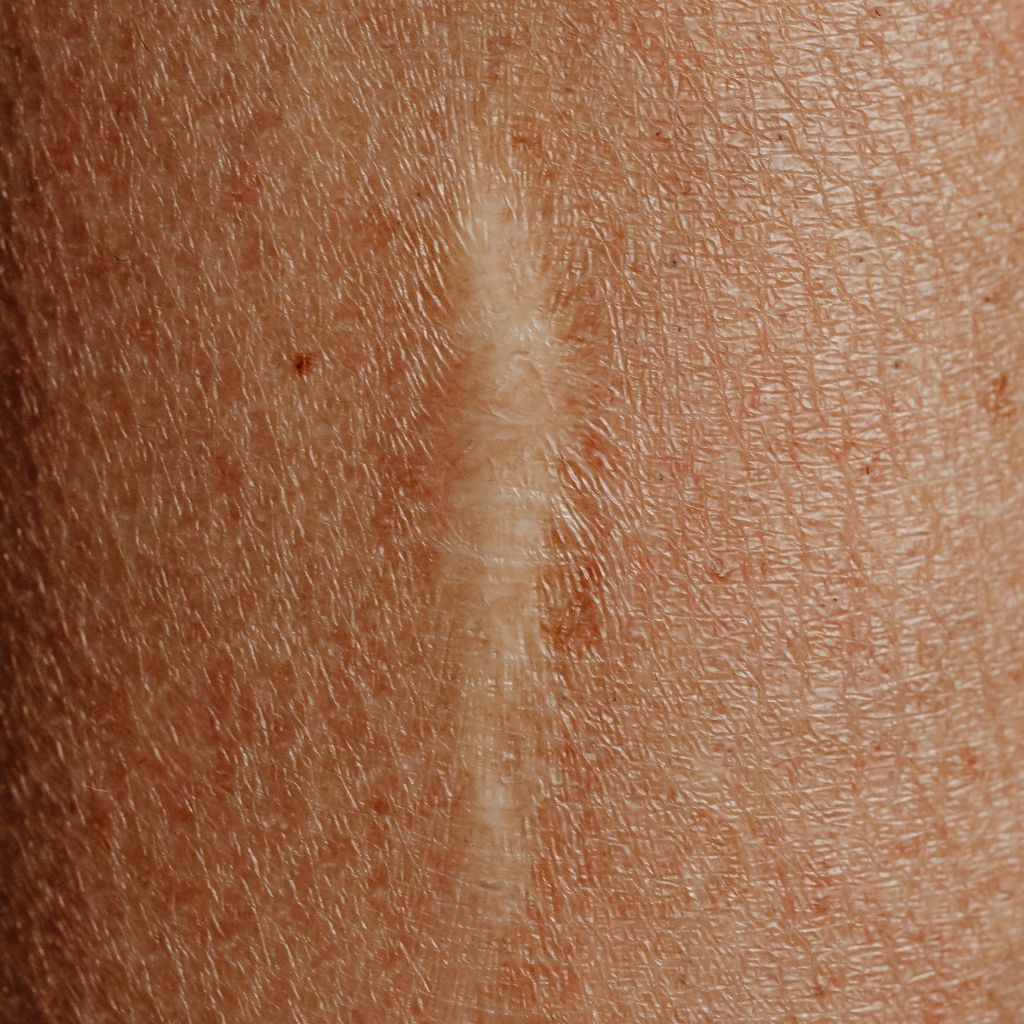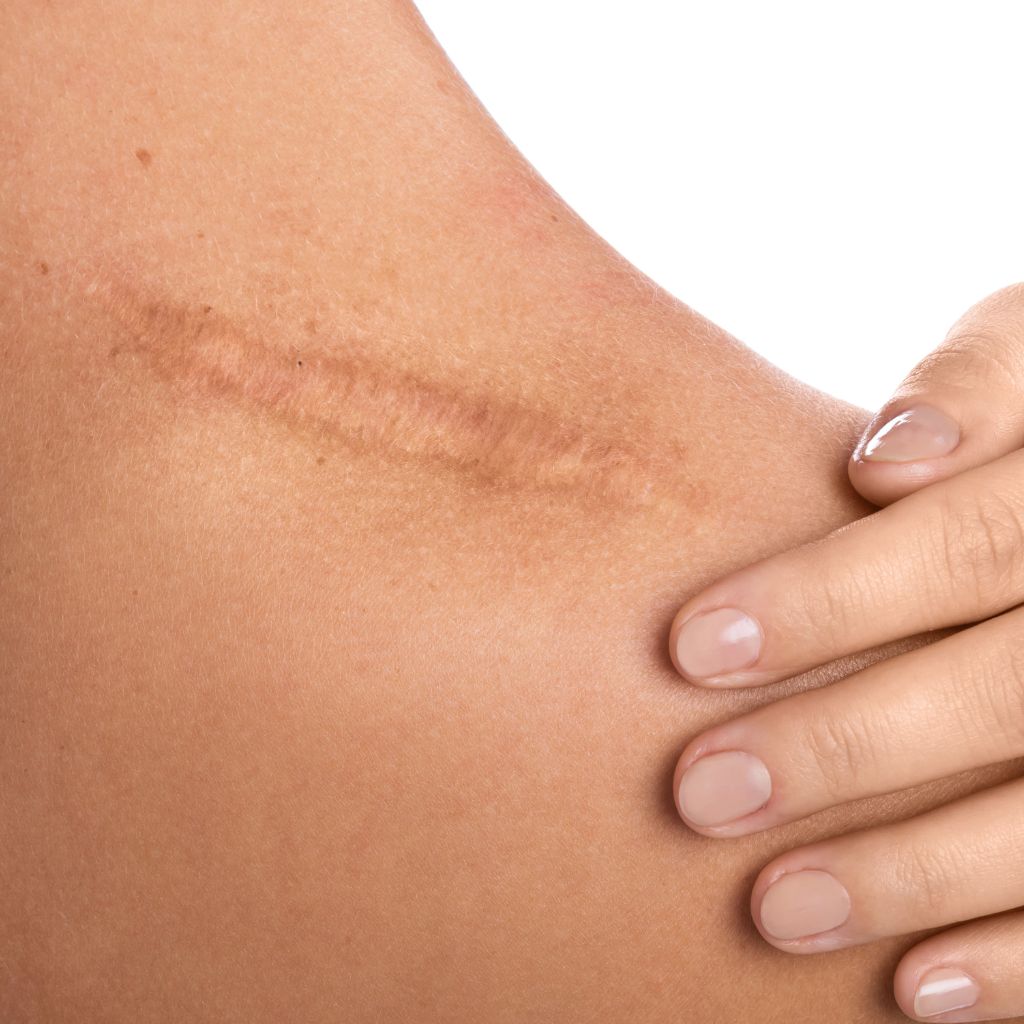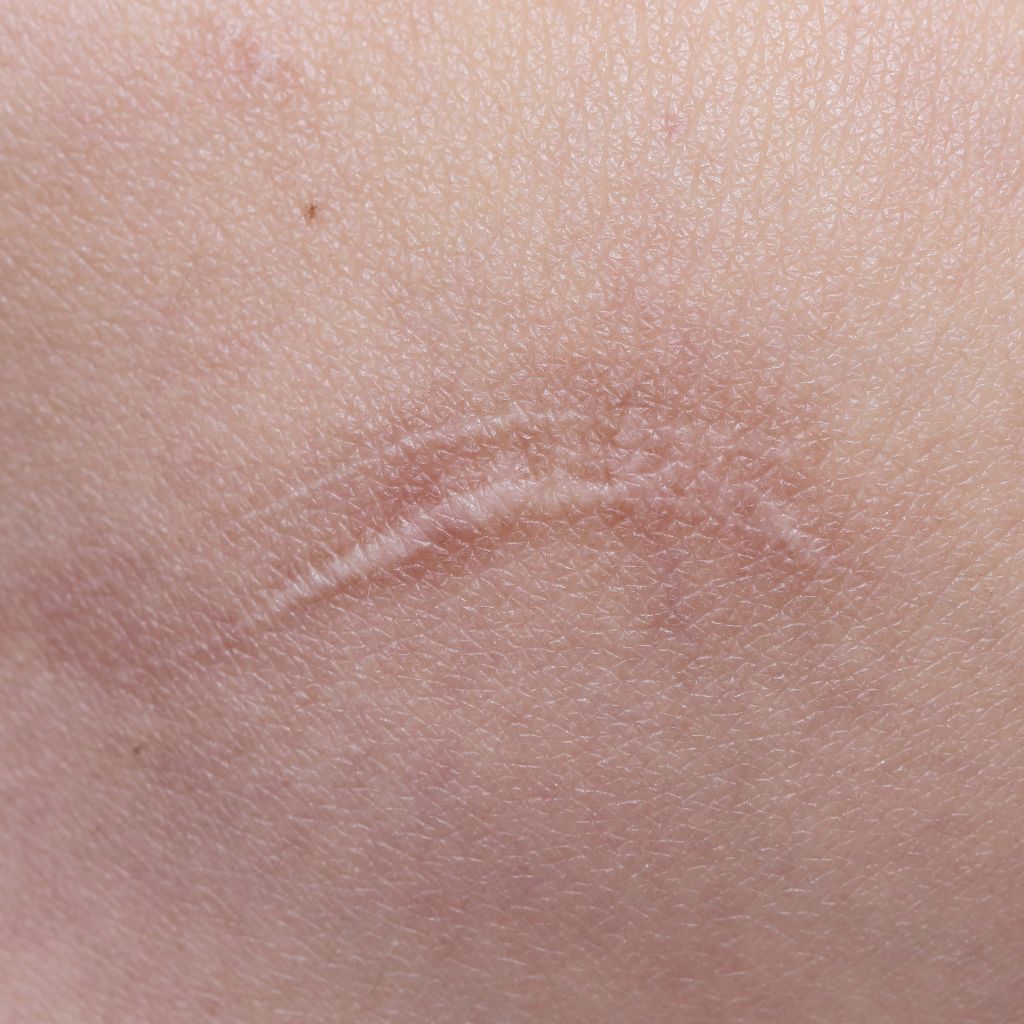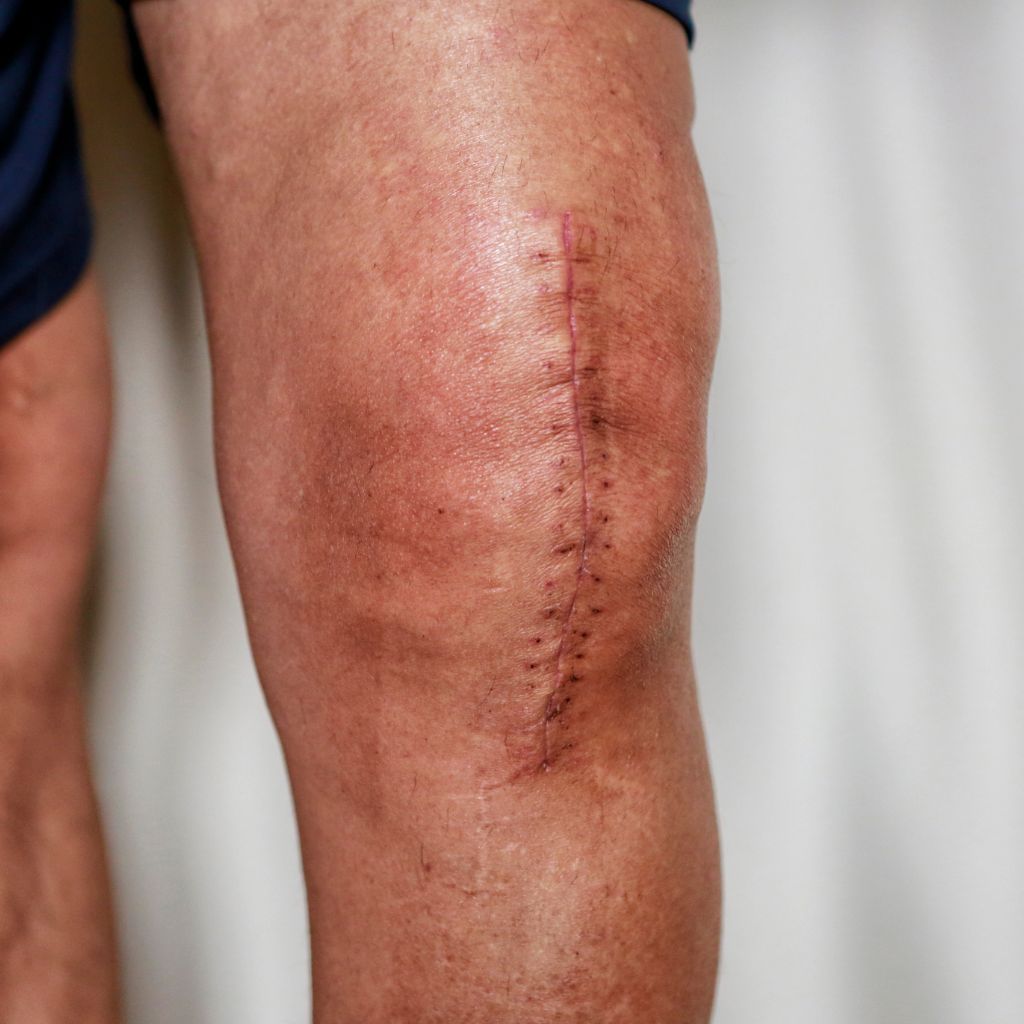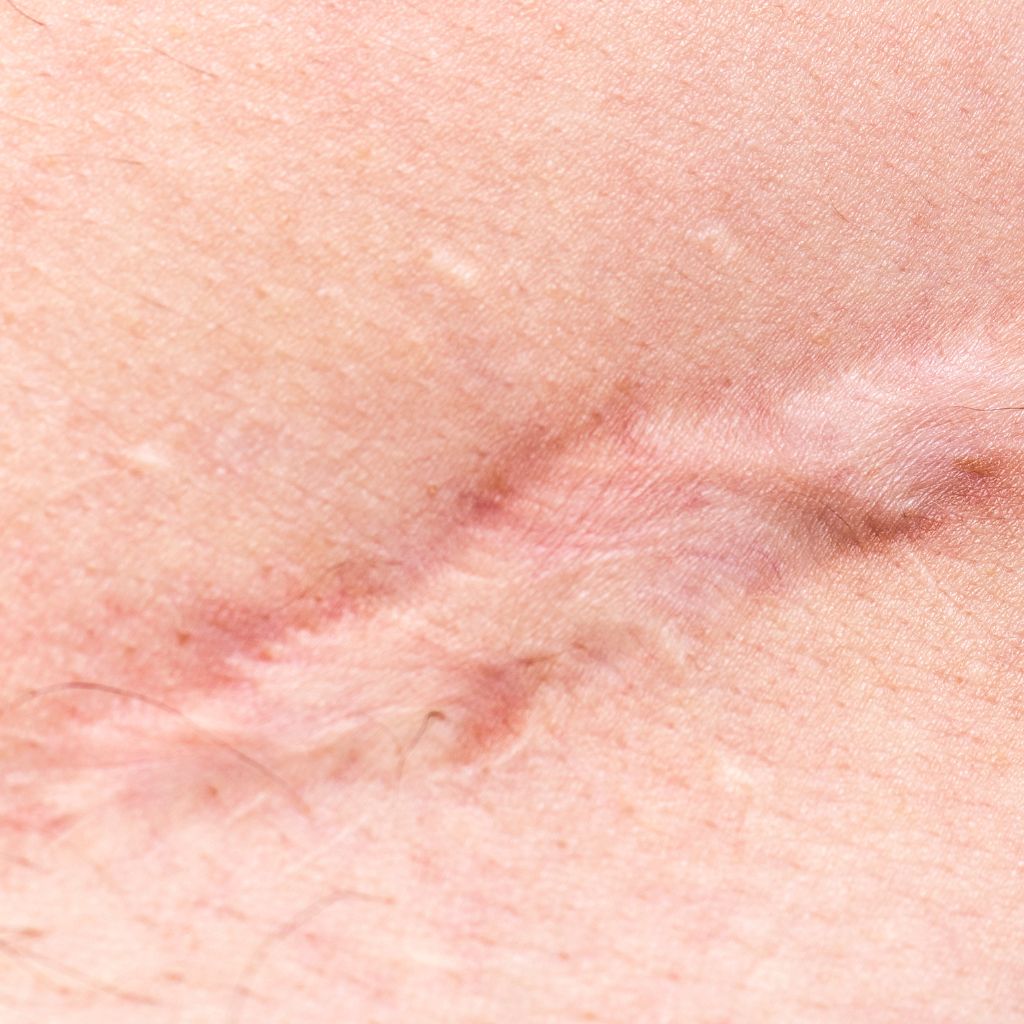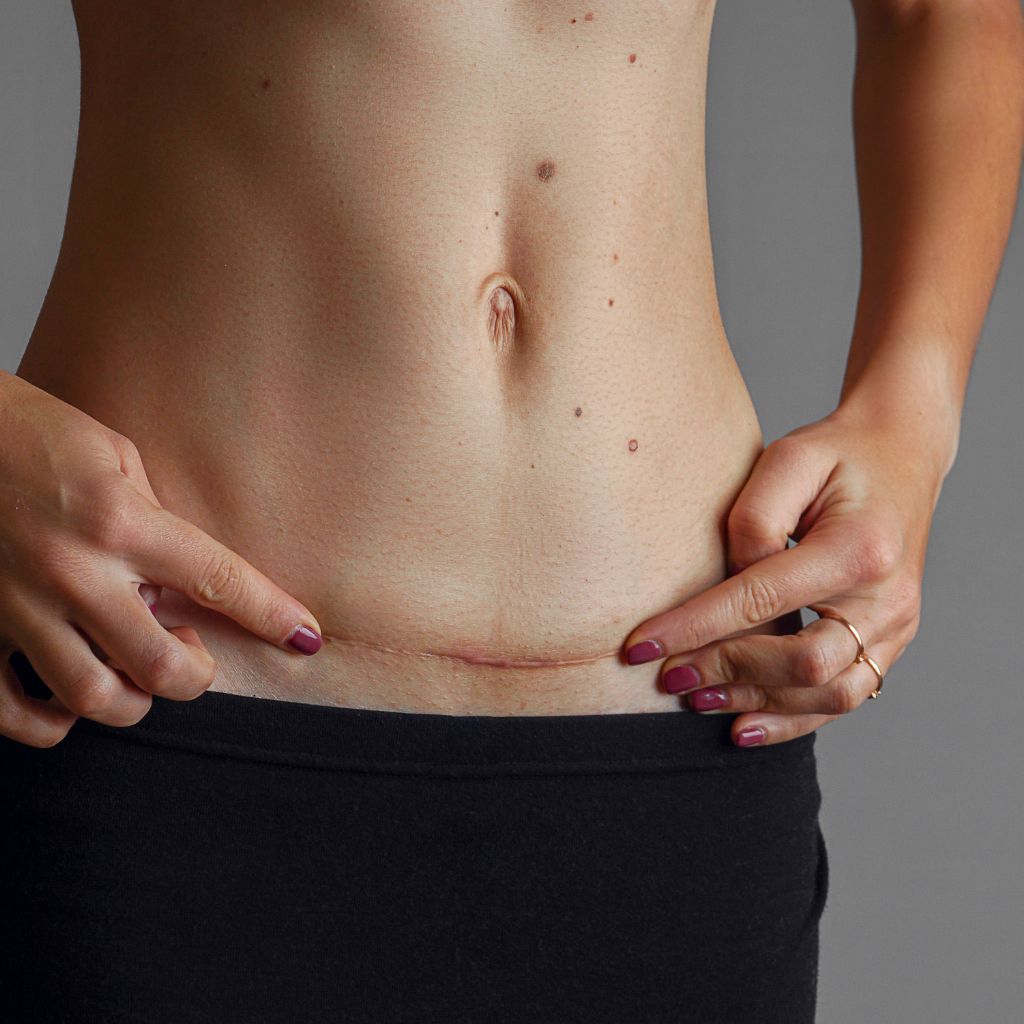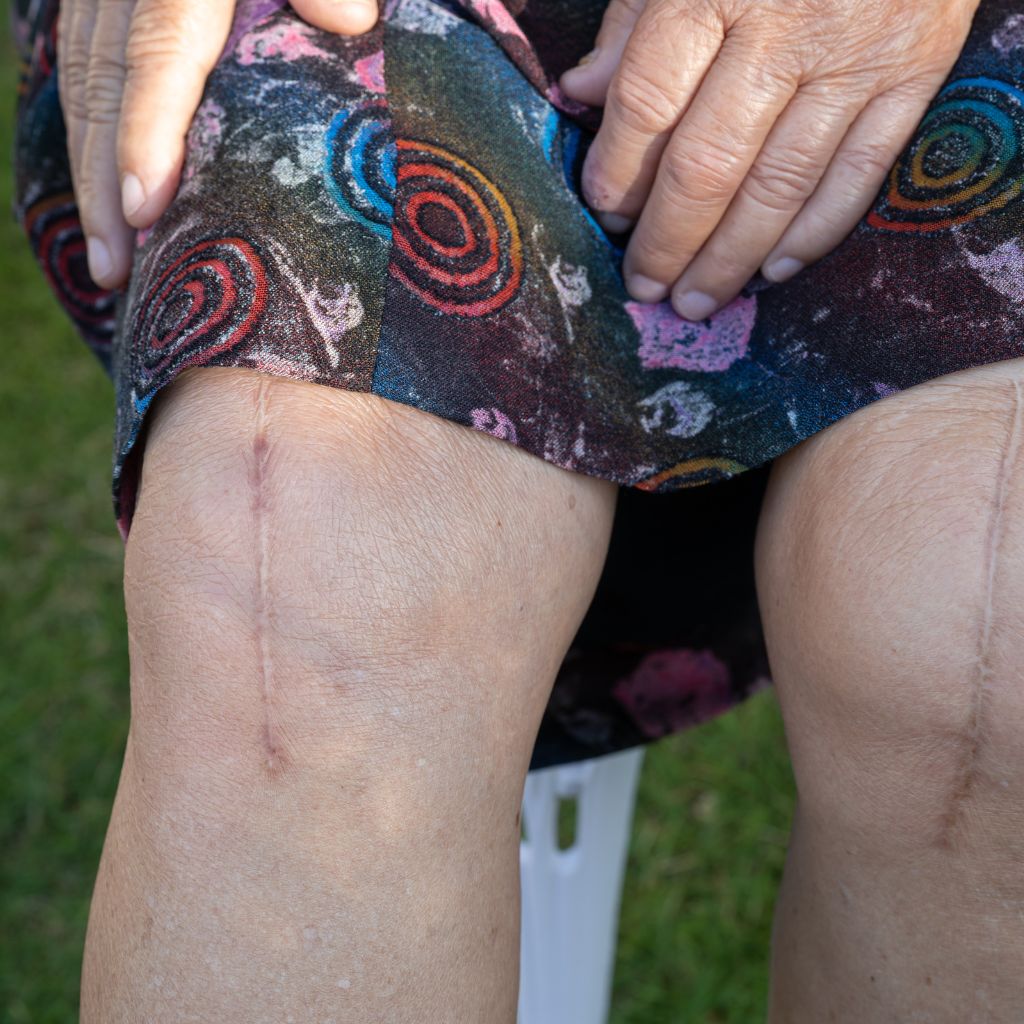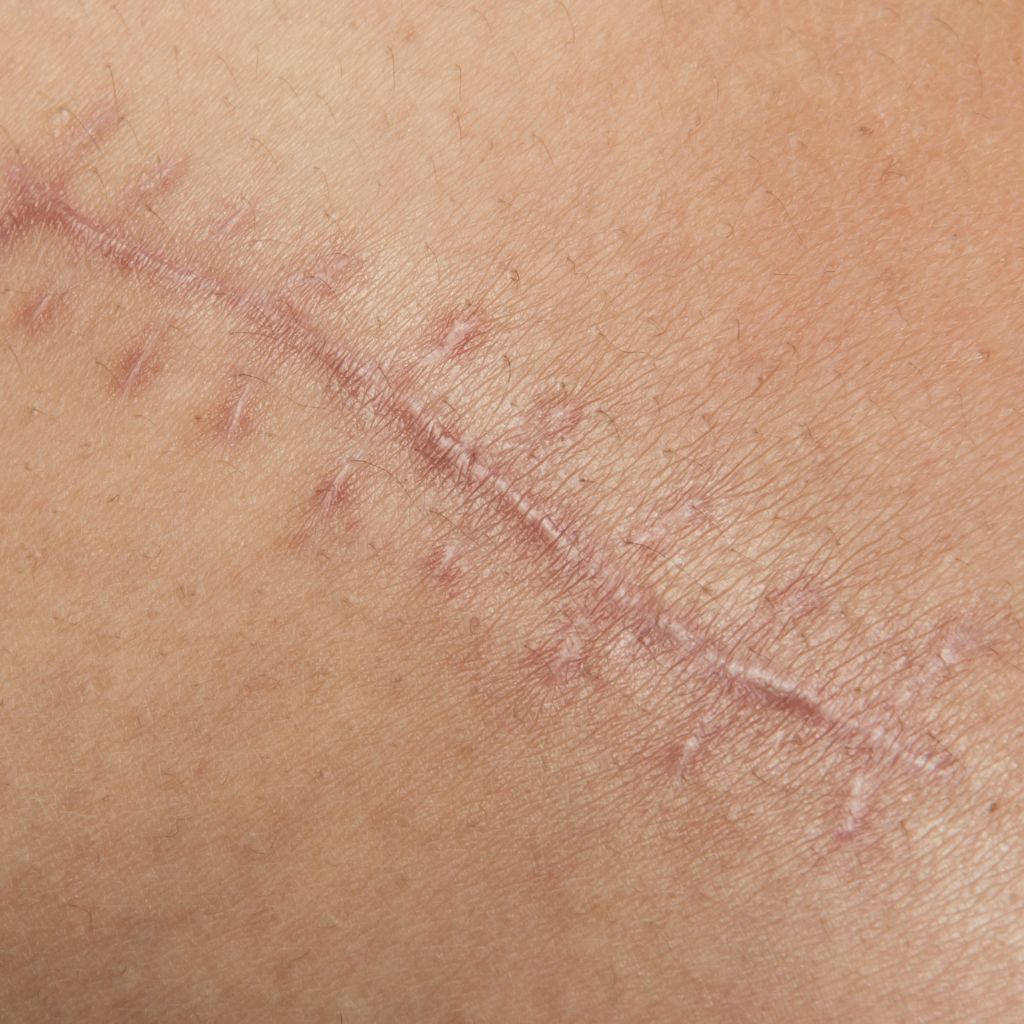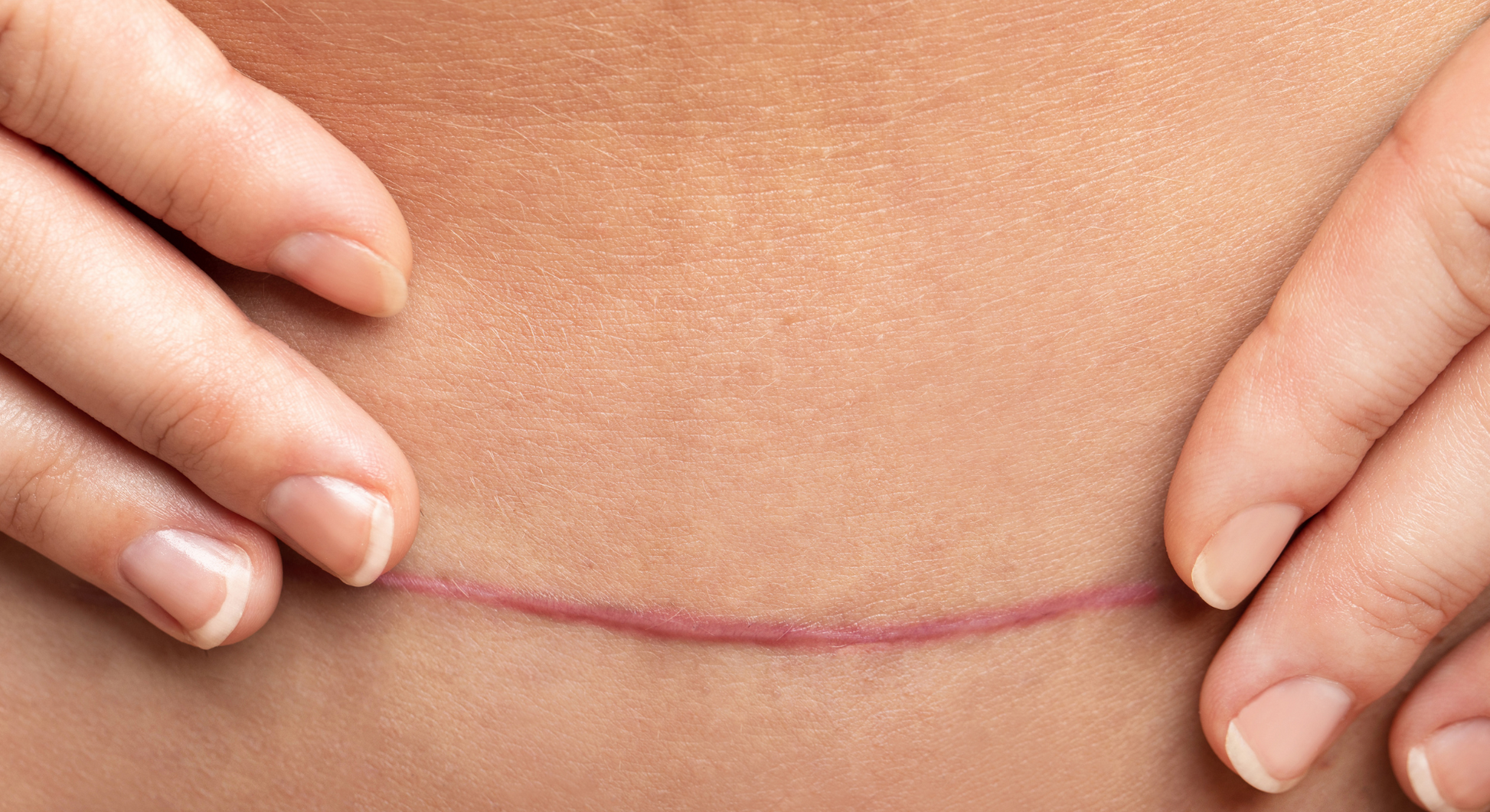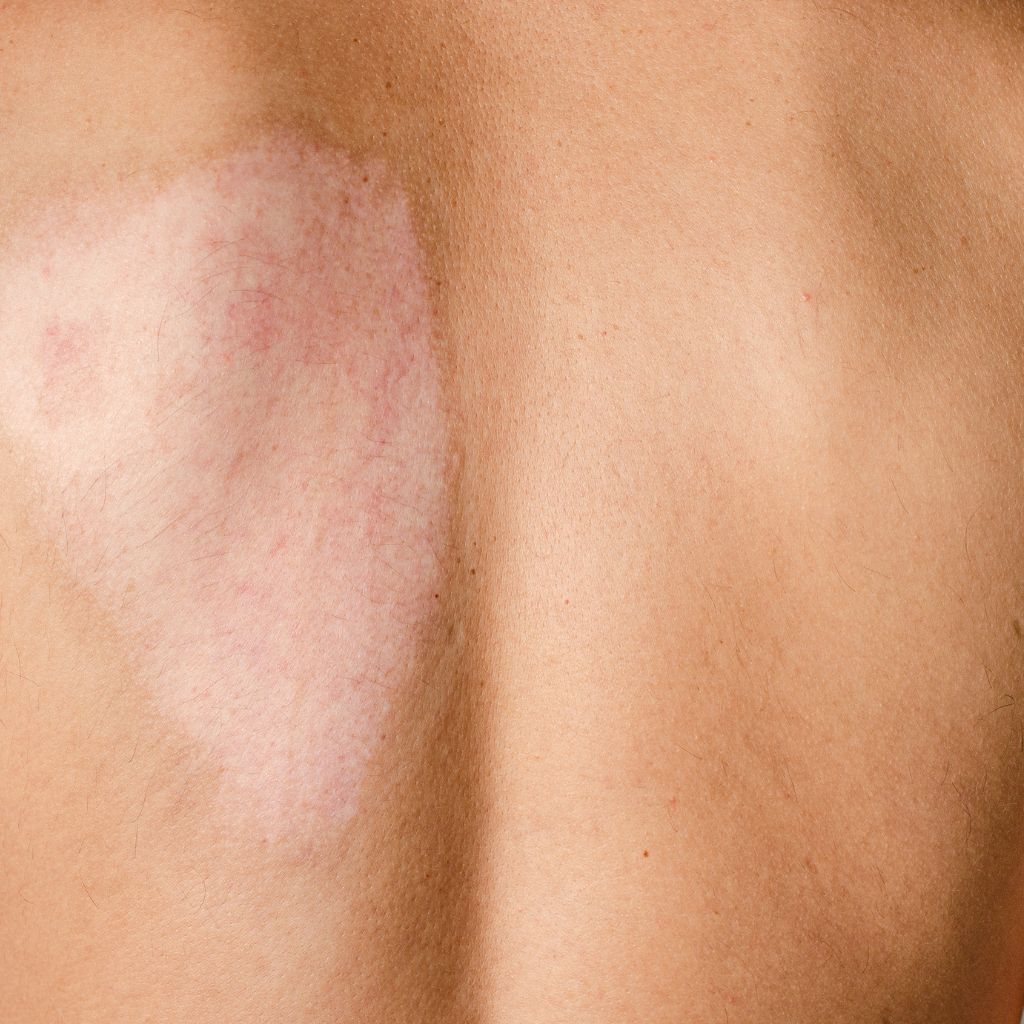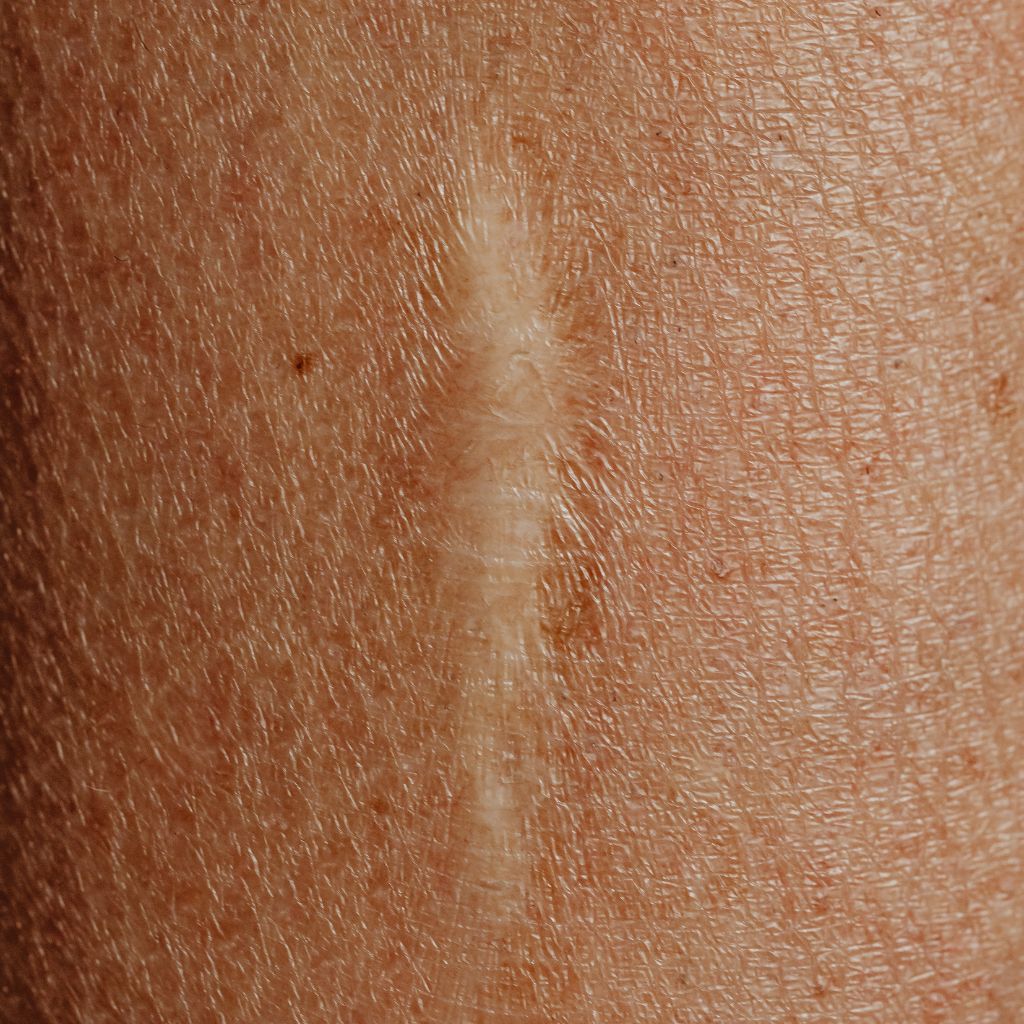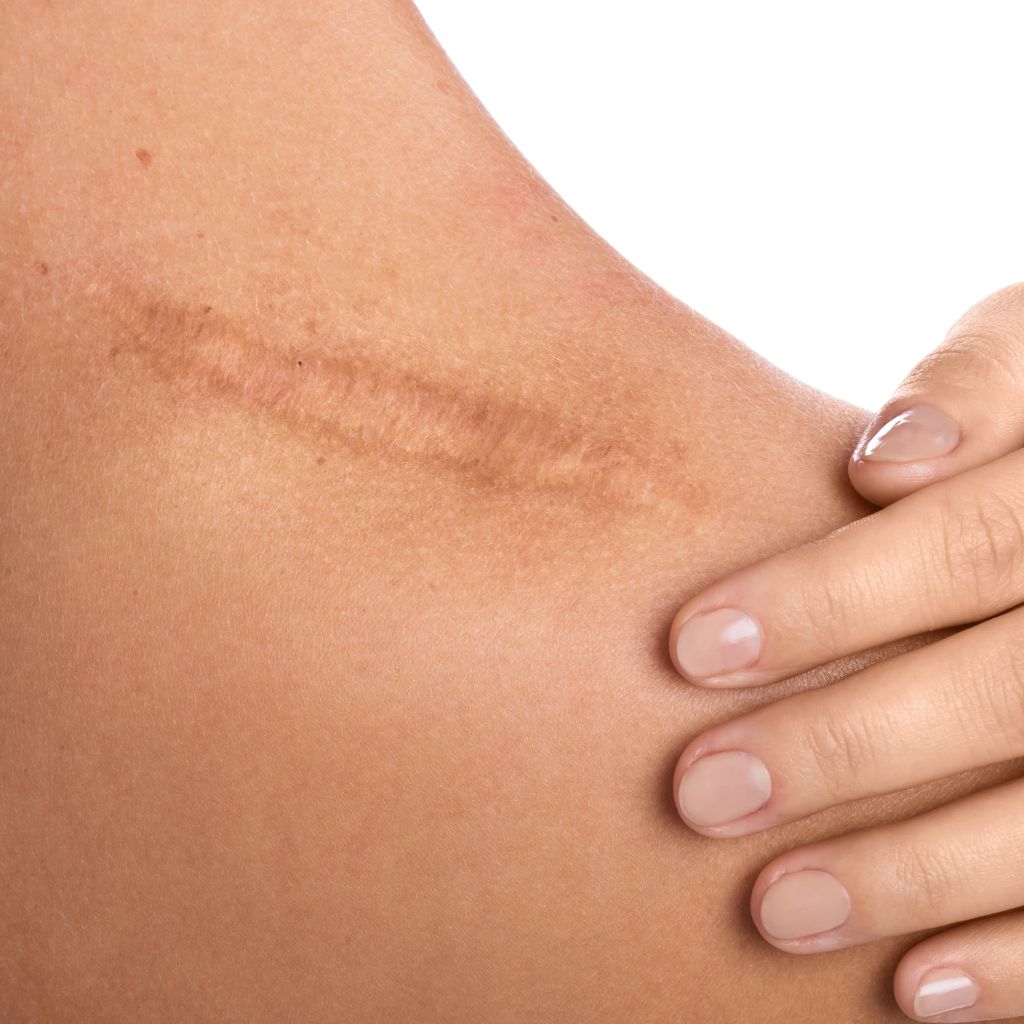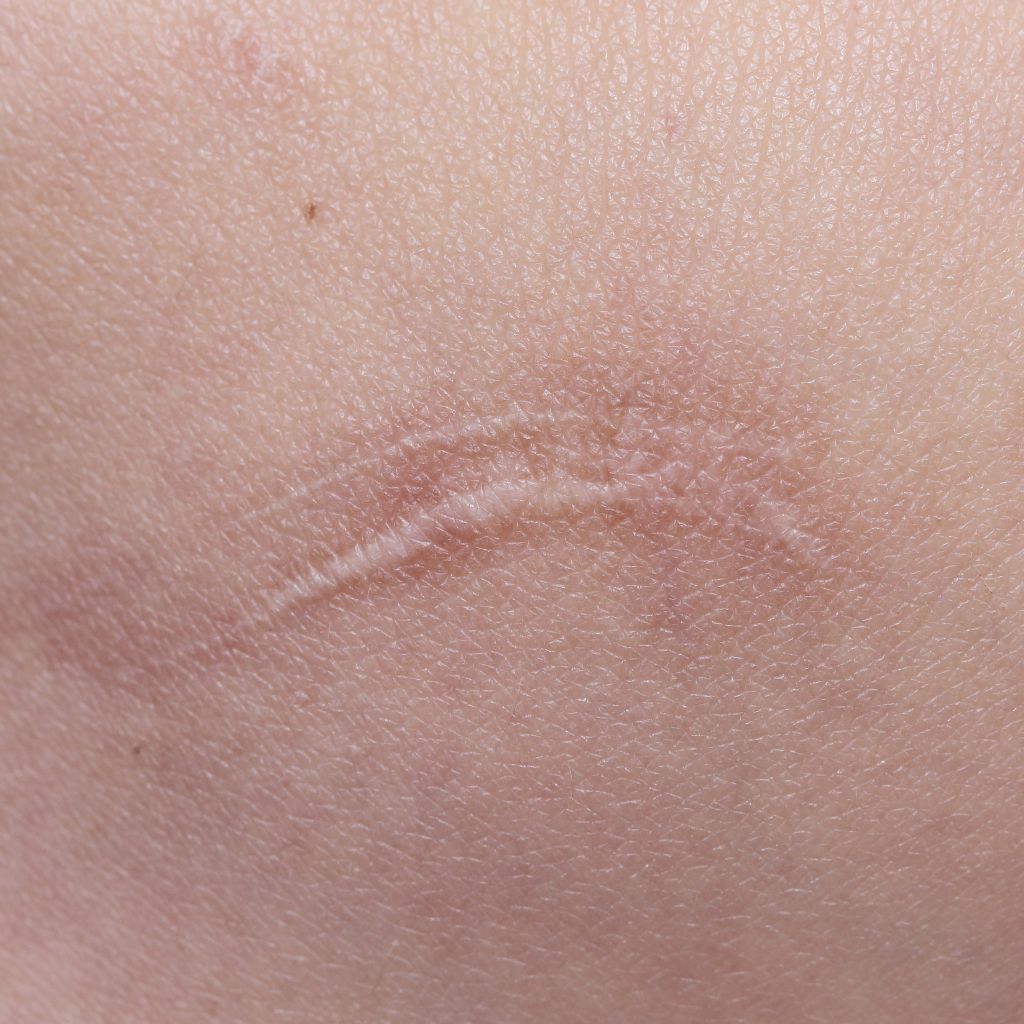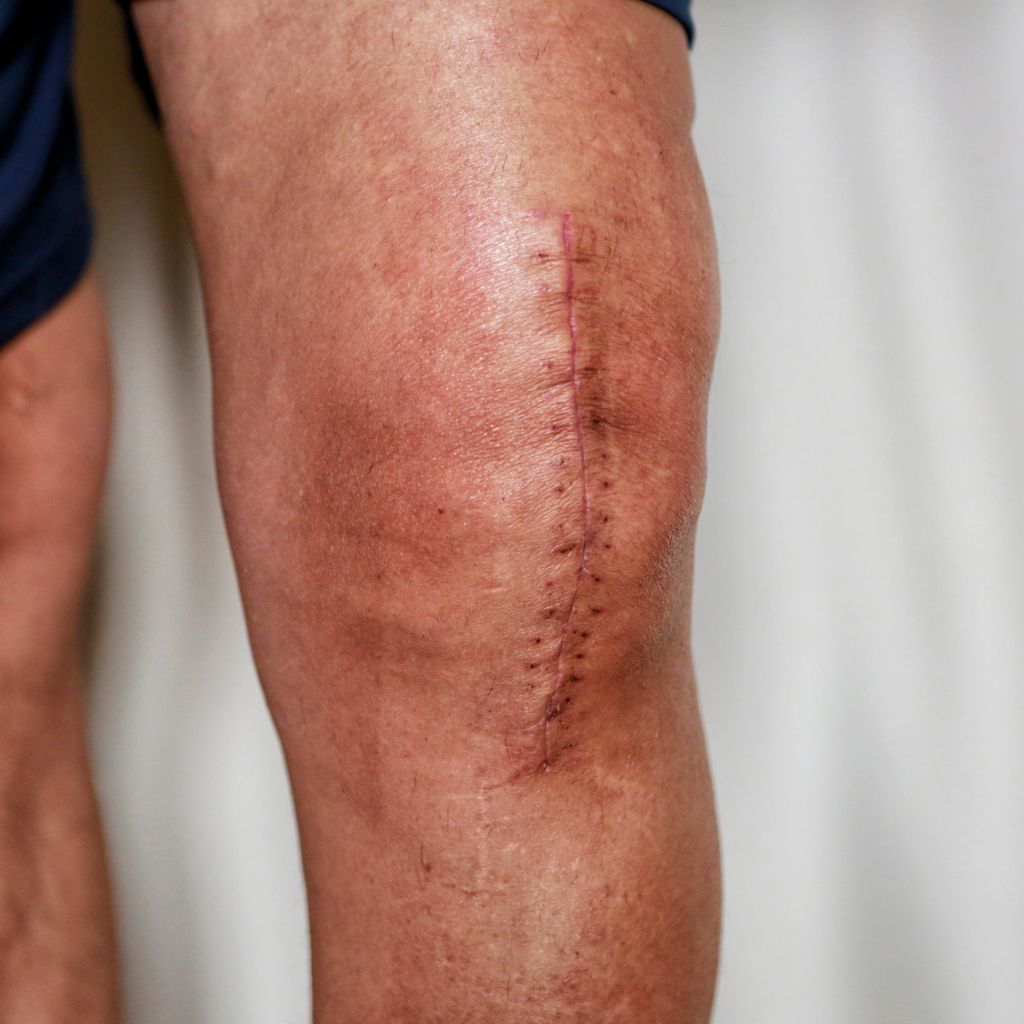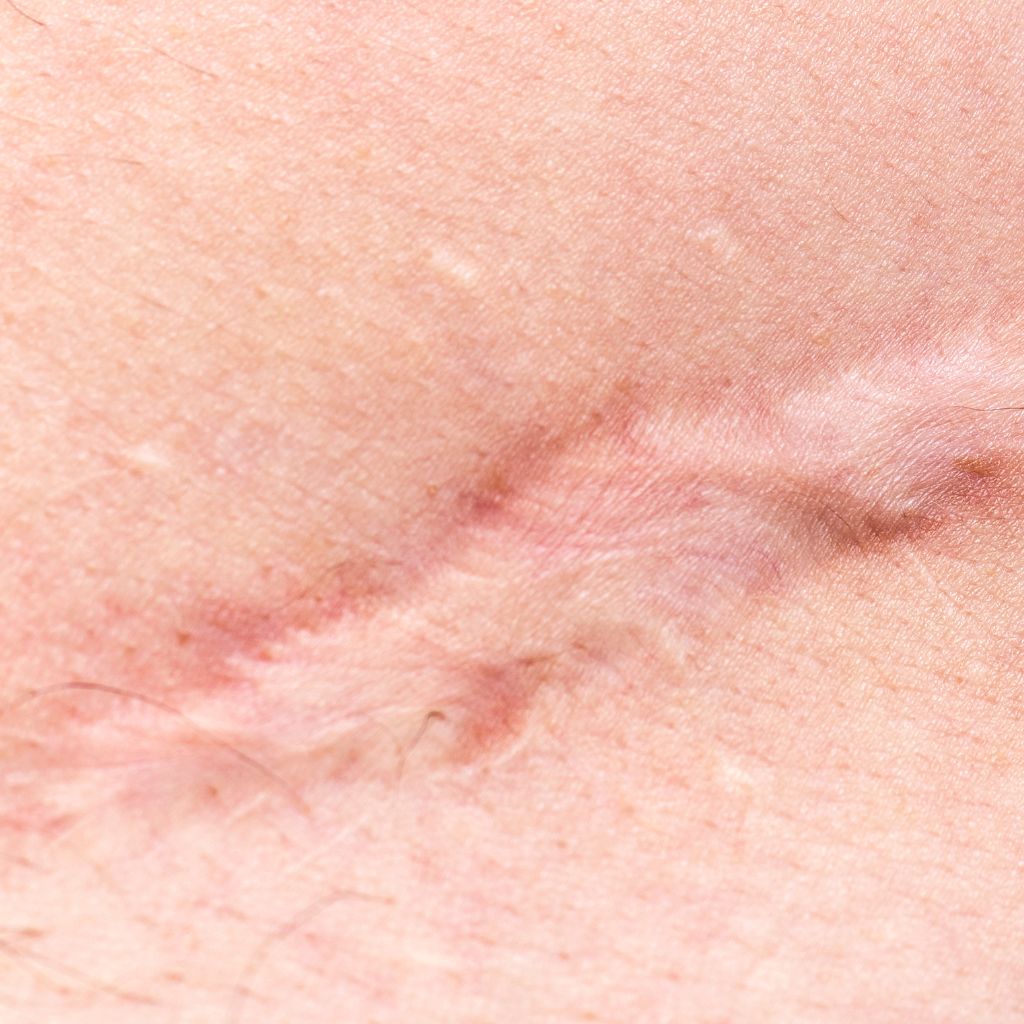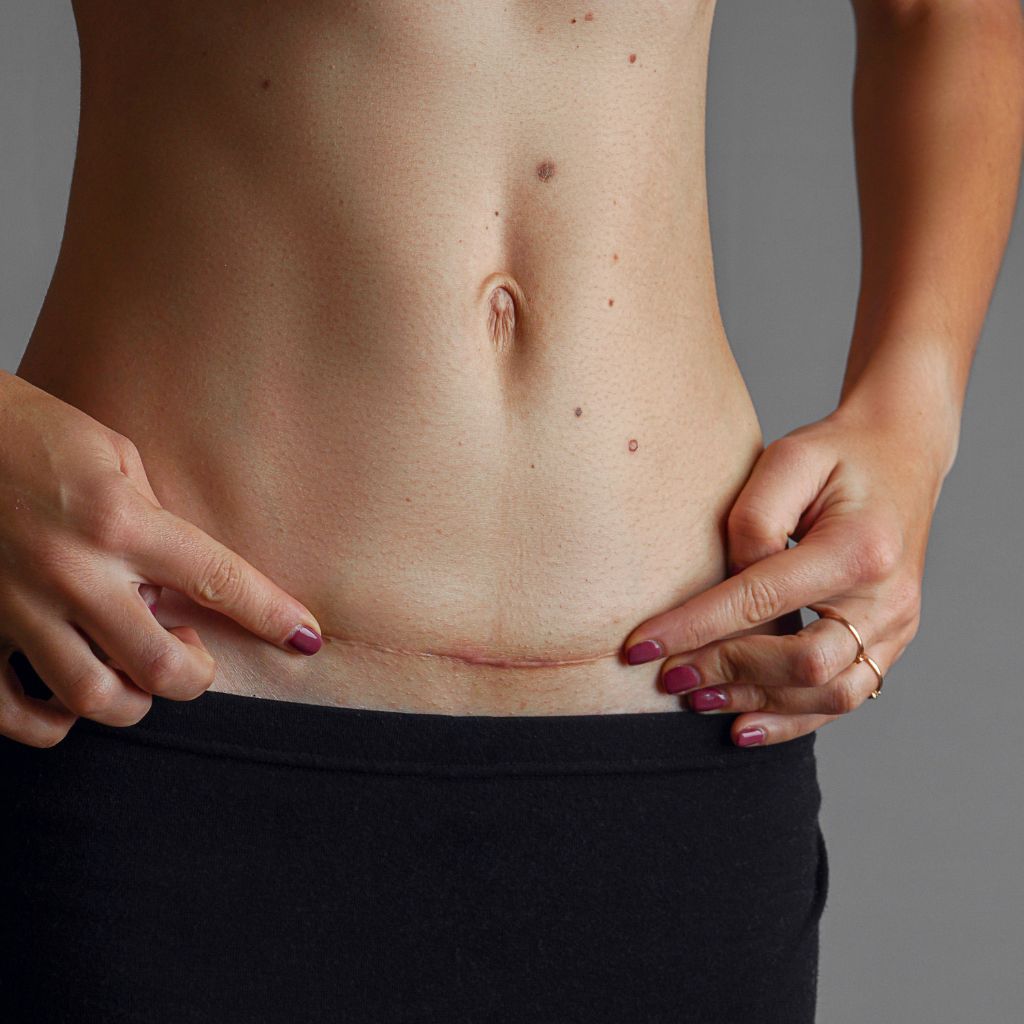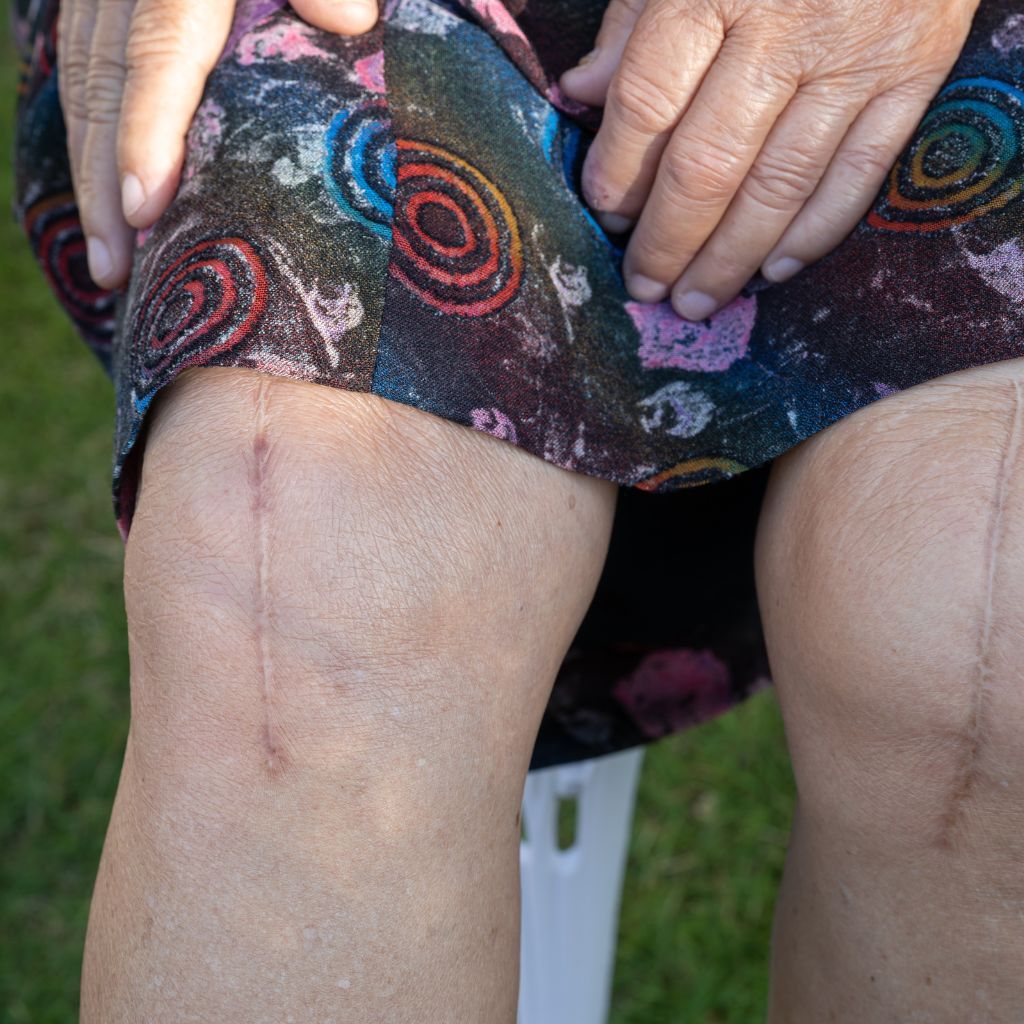B3 Academy
Live: B3 C-Scars Uncovered Workshop: Healing Through Core and Fascia Renewal
Live: B3 C-Scars Uncovered Workshop: Healing Through Core and Fascia Renewal
Couldn't load pickup availability
Duration: 2.0 hours
Date: Saturday, 18th January 2025
Time: 9:30 - 11:30
Location: 74 Regent Road, Studio 206, Sea Point
Beneath the Surface: Unraveling the Impact of C-Section Scars on Pain and Movement
Discover how C-section, external and internal scars affect core stability, movement, and overall health. Learn practical techniques to assess, address, and heal scar tissue, helping your clients move freely and live pain-free.

This workshop explores the interplay of scars, muscle dynamics, and fascia for enhanced movement, pain relief, and core stability.
Scars are the most unidentified cause of health complaints. Find out how all scars disrupt core stability and impact motor control.
Uncover the hidden connection between scars and muscle dysfunction—improve movement, reduce pain, and restore strength
Participants will learn techniques to assess c-scars, including palpation for depth, distance, and adhesions. Learn to assess how c-scars disrupt muscle function and how to test for it.
This workshop aims to reactivate core muscles and fascia disrupted by c-scars, renewing hope for scar tissue healing and restoring movement.
It highlights the often overlooked diagnostic significance of scars in pain and dysfunction.
C-section scars are often overlooked as a cause of pain, dysfunction, and diminished core stability. "C-Scars Uncovered: Healing Through Core and Fascia Renewal" is a live workshop designed for health and wellness professionals who want to deepen their understanding of scar tissue's impact and learn practical techniques to restore function.
How to recognise c-section scar disturbance?
Attendees will gain techniques and approaches to regain motor control over c-scar tissue and restore function, emphasising the need to analyse c-scars for their impact on muscle recruitment and neuromuscular disturbances. This workshop dives deep into the disruptive nature of scars on core stability, exploring how they alter motor control and diminish sensory feedback within affected fascial areas.
C-scars are the great disruptors of core stability. C-scars affect abdominal stability because scars change motor control. Sensory feedback is reduced in fascia where scars are present and even affects synergists or muscles in the same kinetic chain as c-scars. We will look into the influence c-scars have on hip pain, knee pain, foot problems and bunions.
Why Attend?
Scars disrupt the fascia, reduce sensory feedback, and interfere with muscle recruitment. In this workshop, you'll explore how C-section scars can contribute to chronic pain, movement restrictions, and visceral tension. We'll teach you how to assess scar tissue with palpation techniques and provide actionable approaches to reactivate affected muscles and fascia.

What you will learn
- The interplay of scars, fascia, and muscle dynamics.
- How to assess scar tissue for depth, adhesions, and motor control disruption.
- Techniques to restore motor control, improve movement patterns, and relieve pain.
- Links between scar tissue and symptoms such as lower back pain, pelvic discomfort, and even headaches or jaw tension.
The aim of this workshop is to discover techniques for reactivating core muscles and fascia that have been interrupted by c-scars. Participants will learn palpation methods to assess c-scar depth, measure distance, and detect adhesions. By uncovering the potential for c-scar tissue healing and restoring movement, this workshop offers a renewed sense of hope. It also sheds light on the diagnostic oversight of pain and dysfunction stemming from c-scars.
Gain practical solutions to address the challenges posed by C-Scars.
Through innovative approaches, attendees will acquire strategies to regain motor control over c-scar tissue regions and restore optimal function. Regardless of c-scar age, it is crucial to analyse their impact on an individual's ability to recruit affected muscles, as even long-standing c-scars can induce neuromuscular disturbances that impede motor control.
Research shows that if the same person performs the same movement, the electrical activity measures higher around c-scar tissue than in the presence of undamaged skin. This suggests that muscles that have c-scars tend to test offline/weak because there is an overactive neural drive into the muscle, causing spasm and reducing contractility. This applies to every part of the body where scar tissue is present. If a movement or muscle tests offline and sensory input onto a scar makes it strong, it suggests that the scar tissue has an overactive neural drive and to restore balance, the myofascia around a scar needs to be worked on.
Key Benefits:
- Help Clients Move Pain-Free: Equip yourself with the tools to address the hidden causes of pain, stiffness, and dysfunction.
- Practical Skills You Can Use Immediately: Learn to assess and treat scar tissue in ways that restore balance and strength.
- Address Chronic Issues at Their Root: Understand the visceral and structural impact of scars on the body and how to resolve it holistically.
Whether you are a Pilates instructor, physiotherapist, or bodyworker, this workshop will provide insights and skills that elevate your ability to help clients achieve lasting relief.
How do c-scars weaken your health and cause chronic pain?
C-scars must be analysed regarding a person’s ability to recruit the muscles that are affected by the scar. No matter how old the c-scar, motor control may still be reduced because of the neuromuscular disturbance inflicted by the scar. The skin surface and the underlying fascia is the mechanism in which the nervous system communicates. In B3 practice, we emphasise the importance of c-scar tissue and include questioning for c-scars in our evaluation of clients. We look at the client as a system and not just a symptom.
Understand the cause of pain:
Do you want to ease your pain…? (Symptoms linked to Caesarean scars:)
- lower back pain
- stress and anxiety- heightened sympathetic nervous system response
- stiffness of the spine
- headaches
- jaw tension
- eye and vision problems
- lower abdominal pain
- pelvic pain
- links to infertility
- endometriosis
- heavy menstrual flow
- severe cramps
- pain during sexual intercourse
Fascia surrounds and wraps around organs and can give rise to symptoms in the visceral organs. An abdominal scar can build up visceral adhesions, which can affect the sympathetic nervous system, with varied symptoms such as vertebral stiffness of the spine, headache and optical symptoms due to the innervation of the vagus nerve. The scar resulting from a Cesarean section builds up myofascial tension around the abdomen and pelvis. Limited mobility of the pelvis will result in dysfunctions of the respiratory diaphragm, the thoracic outlet, the mouth floor, and the reciprocal tensional membrane.
Therefore, a scar can cause a visceral problem and can change structure and posture. It is suggested that a Caesarean scar may lead to lower abdominal pain and pelvic pain, and has potential links to infertility, endometriosis, heavy menstrual flow, severe cramps, and pain during sexual intercourse.
From lower back pain to pelvic discomfort, learn how C-section scars disrupt health and how to resolve it effectively.
Join us for "C-Scars Uncovered" and gain the confidence to address one of the most overlooked contributors to chronic pain and dysfunction. Let’s bring healing and hope to your clients—one scar at a time.
